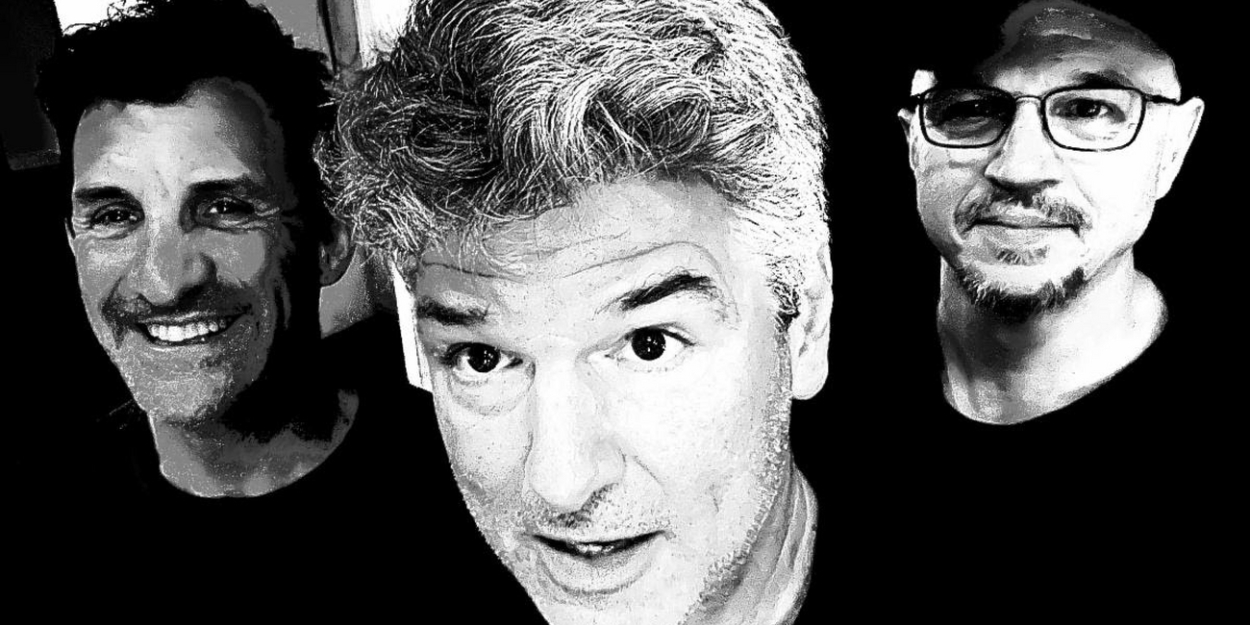Mercyland Share New Song From Long-Lost Final Album
The album will be released on Friday, September 16.

Legendary Athens, GA post-punk trio Mercyland share their new song, "Freight Truck," available today on all streaming platforms. Featuring John Keane guesting on pedal steel, the song is the second released from their long-overdue final album, We Never Lost a Single Game, arriving via Propeller Sound Recordings on Friday, September 16. A companion lyric video featuring archival footage of the young David Barbe running amuck is also available for streaming now. Pre-orders are available now.
"'Freight Truck' is an example of the Mercyland mindset circa mid-1990," says Barbe. "We were already secretly plotting our breakup and were taking our music wherever we felt like at that point with no concern about how it might fit in with our past, music at that moment, or really anything else. We were definitely flying things up the flagpole and if someone wanted to salute, fine. If not, we were still flying the flag."
Featuring nine songs originally recorded in 1990 but shelved following Mercyland's 1991 dissolution, We Never Lost A Single Game was heralded with the release of the song, "Uncle," available now at all DSPs and streaming services. An official lyric video - featuring historical footage from the band's 1980s heyday - is also streaming now on YouTube.
Formed in 1985 in Athens, Ga., by vocalist/bassist David Barbe (later invited by Bob Mould to join Sugar and now an award-winning producer/engineer known for his work with Drive-By Truckers, Superchunk, Gregg Allman, and Deerhunter, to name but a few), Mercyland played a visceral style of post-punk that was both perfectly contemporary and quite ahead of its time. The trio, which also featured guitarist Andrew Donaldson and drummer Joel Suttles, took inspiration from such American underground peers as Hüsker Dü, Dinosaur Jr, and The Replacements while expertly synthesizing those influences into a coruscating, adrenaline-charged sound all its own.
Known for their exhilarating live performances at such renowned venues as Athens, GA's famed 40 Watt, Mercyland's lone full-length release, 1989's No Feet on the Cowling, seemingly tipped the band for a higher profile, especially as major labels began turning their attentions to bourgeoning indie and alternative scenes across the country. Instead, Mercyland broke up in 1991, relegating music recorded for a planned second album to be released on a series of now-rare 7-inch singles and compilations. Three decades later, these remarkable nine songs have been remixed by Barbe and reassembled as We Never Lost a Single Game, providing a crucial historical document of this criminally unknown band.
Songs such as "Tough Ass Knives" and the album-opening Mercyland manifesto, "Minutes and Parts," see the band nodding to the jagged rhythms coming out of the Washington, D.C. post-hardcore scene while simultaneously shrugging off parameters and expectations in search of something visionary and impossible to pigeonhole.
"We'd call our music punk rock," Barbe says, "because to us that meant a kind of music that was independent, but it didn't have to be leather jackets, spiked hair, and 'f you.' You don't have to be bound by anything just because other people use it as a constrictive device. For me, the simplicity of the format allowed me to go anywhere I wanted to."
Having spent the years that followed Mercyland working as producer, engineer, writer, and musician on hundreds of projects by a wide range of artists at his Chase Park Transduction independent recording studio in Athens, Barbe is thrilled to have revisited the band's still-striking music so long after its initial creation, with We Never Lost A Single Game now standing tall as a fascinating, alternate-universe peek at what might have been.
"Nowadays, my job is taking what people have in their head and helping that come out of somebody's speakers," Barbe says, "but at the time, I wasn't an engineer and I never felt happy with the way our stuff sounded. The techniques that were popular in studios in the late '80 were not what we were after. I stripped it down and got it back to what we intended it to be in the first place. I just didn't have a way to convey that to other people back then."
Watch the new music video here:
Comments
Videos

